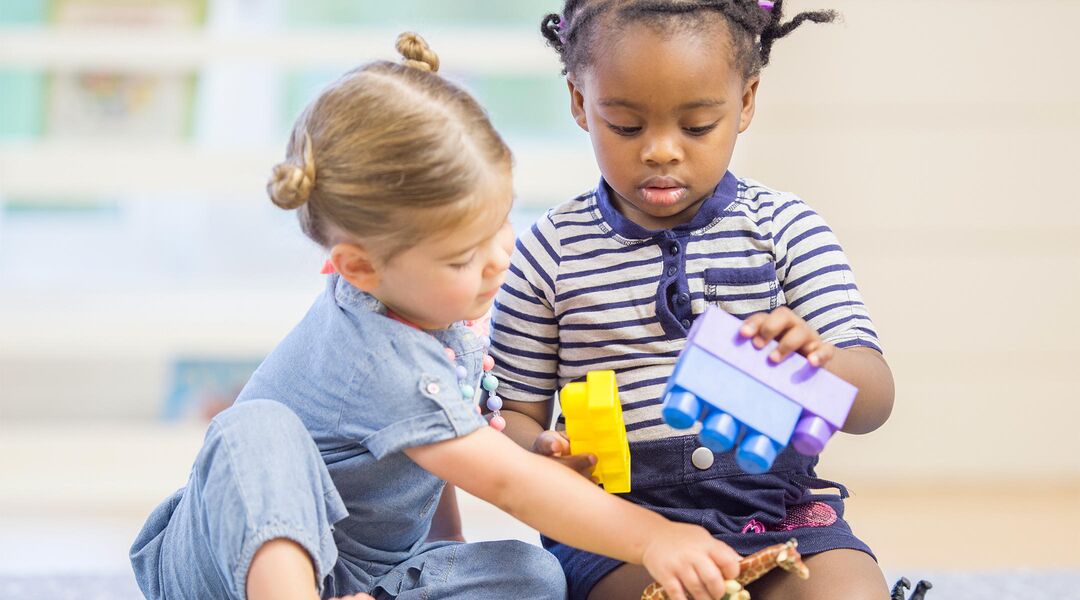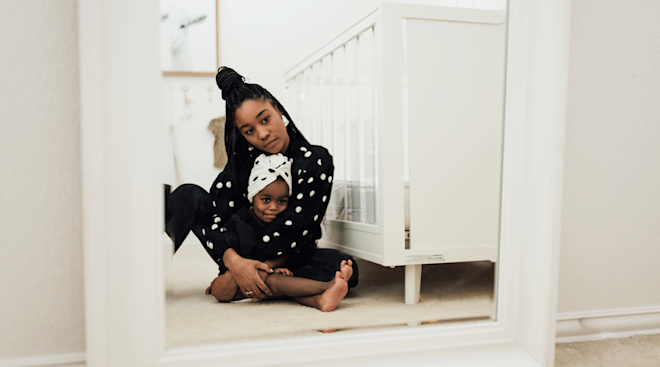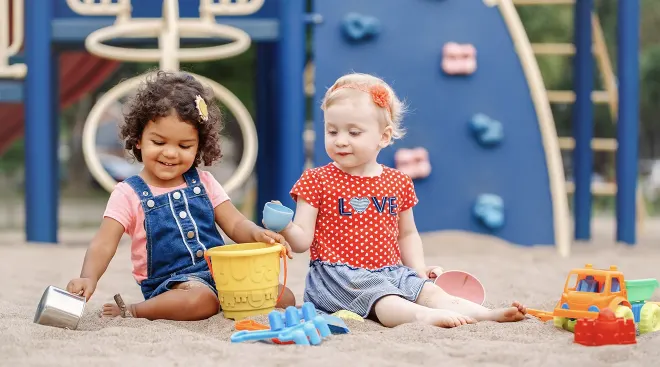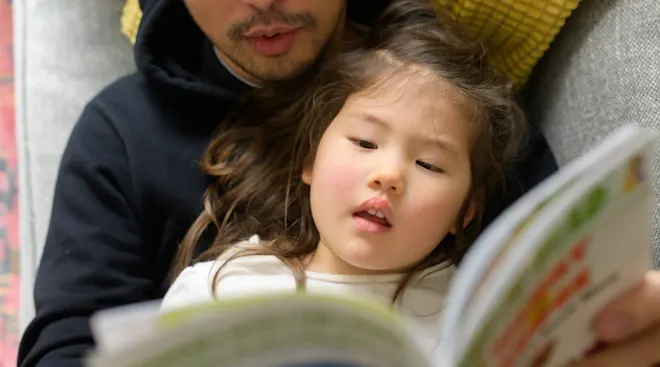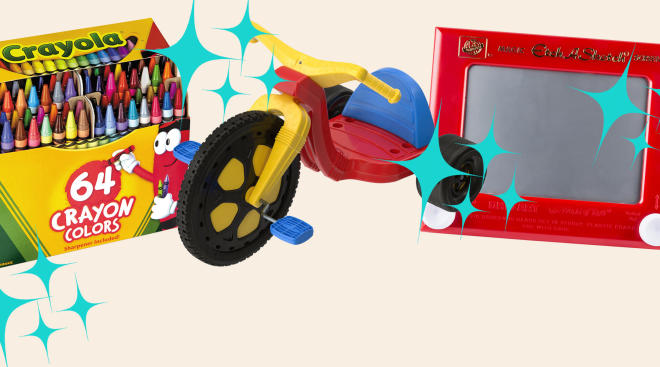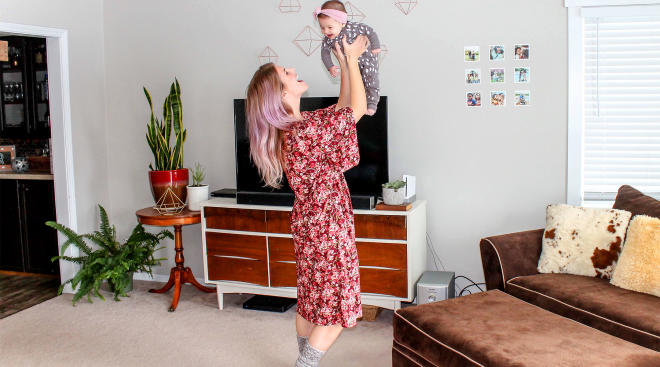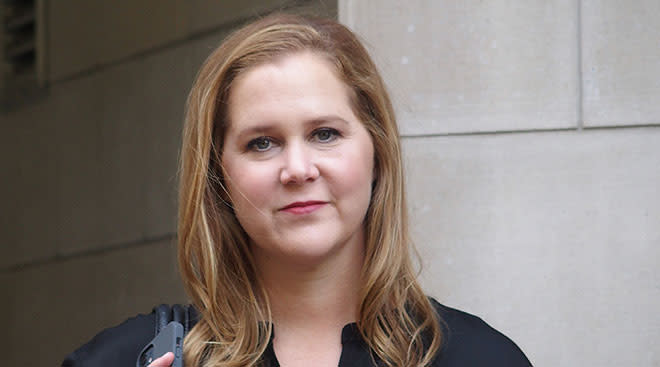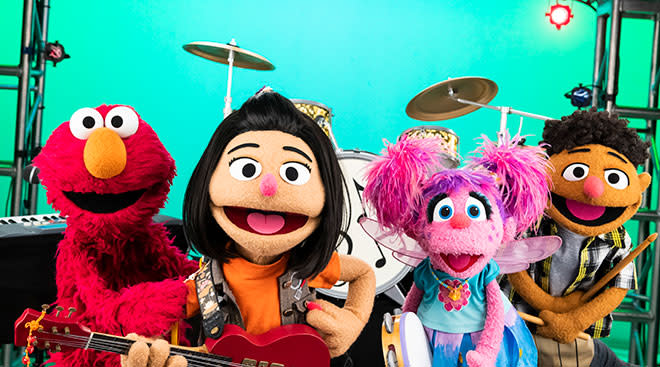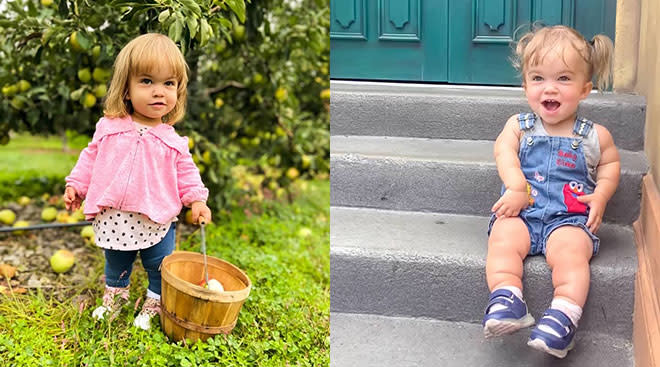‘Sharing is caring’ is a mantra often preached to toddlers. And locking this social skill down by the end of kindergarten could lead to greater success as adults, according to a new 20-year study published in the American Journal of Public Health.
Researchers from Pennsylvania State University and Duke University found that social and emotional skills among peers like sharing, cooperation and helpfulness can serve as a strong predictor for long-term success.
In 1991, teachers in four low–socioeconomic status neighborhoods submitted assessments for 753 kindergarten students that evaluated behaviors like listening to others, sharing materials, and resolving peer problems. When researchers followed up with these students at age 25, they found that the adults who received positive social assessments in kindergarten were not only more likely to have a college degree and a job, but they were less likely to have substance abuse problems and criminal records.
“This study shows that helping children develop social and emotional skills is one of the most important things we can do to prepare them for a healthy future,” said Kristin Schubert, program director at the Robert Wood Johnson Foundation, which funded the research. “From an early age, these skills can determine whether a child goes to college or prison, and whether they end up employed or addicted.”
Results from the study build on a growing number of findings that spotlight the significant impact early learning and development can have on a child later in life. Researchers hope these stats will encourage the expansion of school-based programs designed to boost kids’ social and emotional skills and the use of assessments—like the one used in the study—to help pinpoint students needing additional assistance and eliminate future problems before they start.
Ready to teach your toddler how to get along on the playground? Read this.
Please note: The Bump and the materials and information it contains are not intended to, and do not constitute, medical or other health advice or diagnosis and should not be used as such. You should always consult with a qualified physician or health professional about your specific circumstances.
Navigate forward to interact with the calendar and select a date. Press the question mark key to get the keyboard shortcuts for changing dates.
































